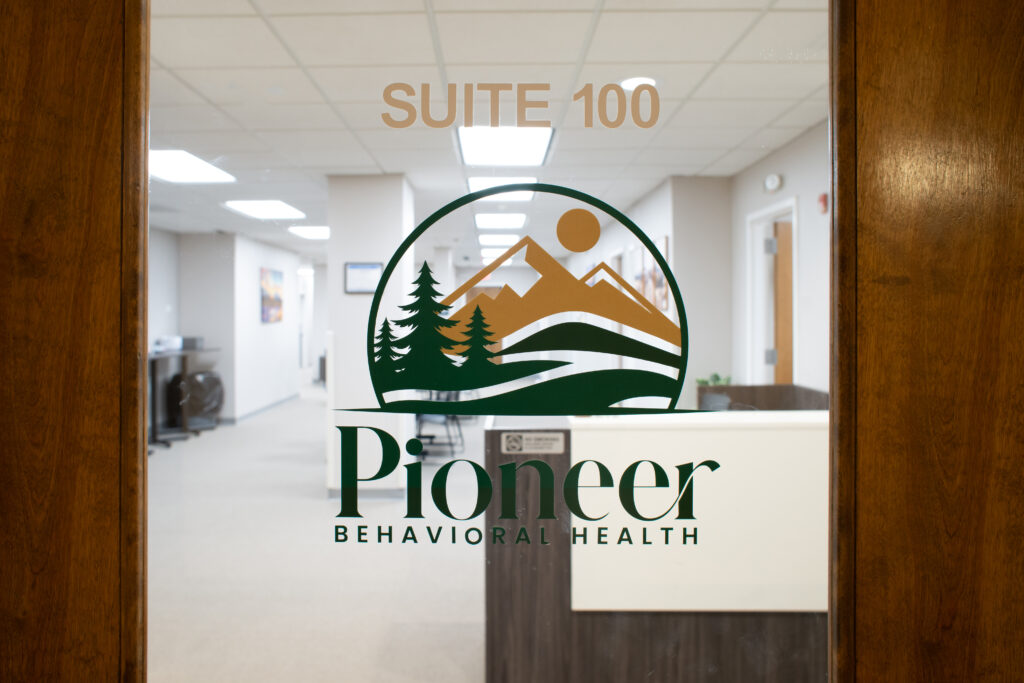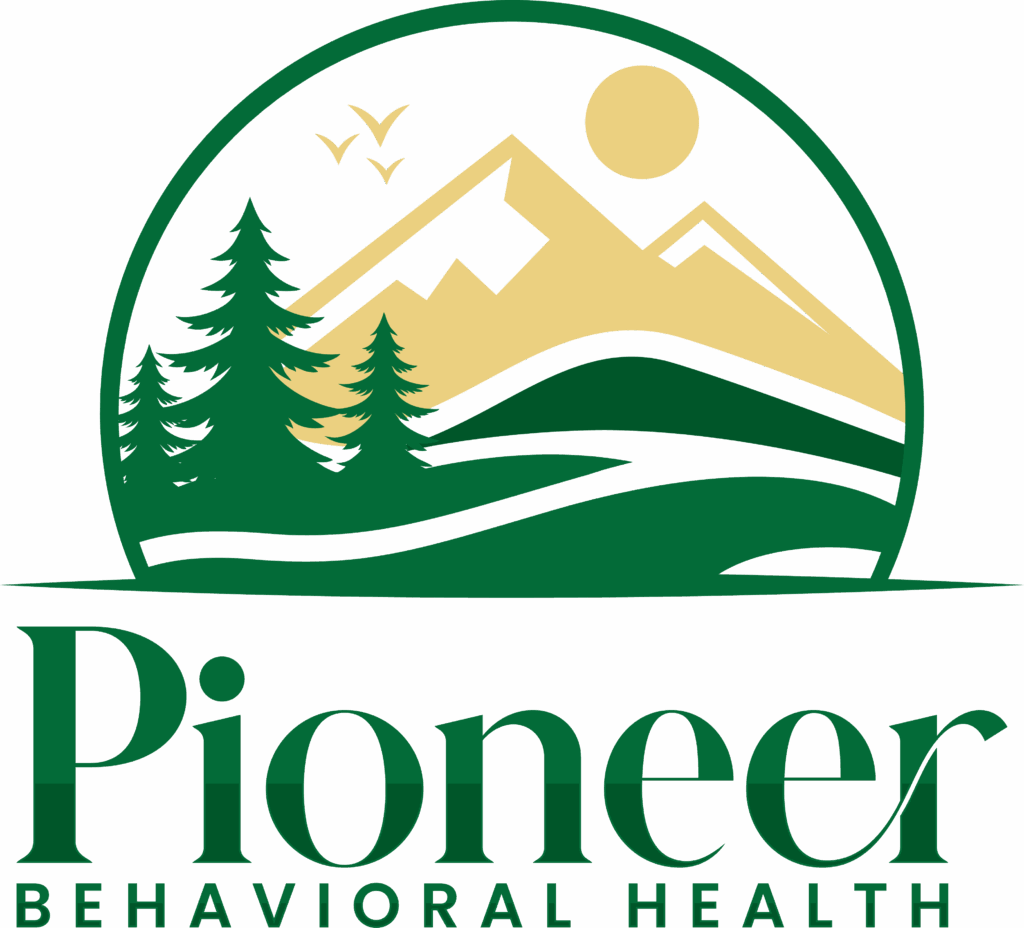Gambling addiction—also known as compulsive gambling or gambling disorder—is a serious condition that can negatively affect your finances, relationships, and overall well-being. The urge to gamble can become so powerful that it leads to a cycle of risk-taking and consequences. The good news is that recovery is possible, especially with the right tools, support, and mindset.
At Pioneer Behavioral Health, we specialize in helping individuals recognize, manage, and overcome gambling addiction. Below are 10 practical tips to help you take control of your habits and begin your journey to healing.
What is Gambling Addiction?
Gambling addiction is marked by the inability to resist the impulse to gamble, even when it results in negative consequences. This can include casino games, online betting, sports gambling, lottery tickets, and more. Recognizing the problem is the first step toward lasting recovery.
Common signs of gambling addiction include:
-
Constantly thinking about gambling or planning your next bet
-
Needing to gamble larger amounts to feel excitement
-
Struggling to stop or cut back despite repeated attempts
-
Using gambling to escape emotional pain or stress
-
Lying to hide the extent of gambling behavior
-
Damaging relationships, career opportunities, or financial stability due to gambling
10 Strategies to Help You Cope With Gambling Addiction

1. Acknowledge the Problem
The first step in overcoming gambling addiction is admitting there’s an issue. Denial can block your ability to seek help or make meaningful changes. Recognizing the harm gambling has caused and committing to change is a powerful first move toward recovery.
2. Seek Professional Help
Treatment can provide essential guidance and support. Cognitive-behavioral therapy (CBT) is especially effective in helping individuals identify harmful thought patterns and replace them with healthier behaviors. Individual therapy, group counseling, and—if needed—medication can all play an important role in recovery.
At Pioneer Behavioral Health, we offer personalized, trauma-informed care to support each individual’s unique path to healing.
3. Join a Support Group
Support groups like Gamblers Anonymous (GA) offer connection, understanding, and accountability. Sharing your experiences with others who face similar challenges can reduce isolation and provide ongoing encouragement.
4. Identify and Avoid Triggers
Pinpoint the people, places, or situations that tempt you to gamble. This might mean avoiding casinos, steering clear of online betting platforms, or limiting your exposure to gambling-related media. Replacing these triggers with healthy distractions—like new hobbies or social activities—can reduce the urge to gamble.
5. Regain Control of Your Finances
Money management is essential during recovery. Consider:
-
Limiting access to cash or credit cards
-
Asking a trusted person to help oversee your finances
-
Creating a realistic budget and tracking your spending
-
Consulting with a financial advisor or debt counselor if needed
These steps help rebuild financial stability and reduce the temptation to gamble.
6. Find Fulfilling Hobbies and Activities
Engage in activities that bring you joy, purpose, and fulfillment—without the risk of gambling. Whether it’s art, sports, gardening, volunteering, or spending time with loved ones, healthy hobbies provide a powerful outlet for stress and help rebuild your confidence.
7. Develop Coping Tools for Stress
Gambling is often used as a way to escape stress, anxiety, or emotional discomfort. Learning alternative coping skills can make a huge difference. Try:
-
Mindfulness or meditation
-
Deep breathing techniques
-
Exercise or movement
-
Journaling your thoughts and feelings
The more you practice these tools, the better you’ll be at managing emotions in healthy, productive ways.
8. Set Realistic Recovery Goals
Recovery doesn’t happen overnight. Set small, attainable goals and celebrate progress along the way. If you face a setback, don’t give up—focus on your long-term vision of a healthy, balanced life, and keep moving forward.
9. Rebuild and Strengthen Relationships
Gambling addiction often strains relationships. Start repairing trust by being honest about your struggles and committing to change. Open communication, time, and possibly family therapy can help rebuild stronger, healthier connections with the people you care about.
10. Stay Committed to Lasting Change
Recovery is a lifelong journey. Remind yourself regularly of the reasons you want to live gambling-free—whether it’s your family, financial stability, health, or personal growth. Stay connected with supportive people and continue using the strategies that help you stay on track.
Get Help With Gambling Addiction in Longmeadow, MA

Located in Longmeadow, MA, Pioneer Behavioral Health is dedicated to helping individuals overcome gambling addiction and reclaim their lives. Our programs are tailored to address not just the addiction, but the emotional and psychological roots behind it.
Through individual therapy, group counseling, and holistic treatments, we empower individuals with the tools they need for lasting change.
If you or a loved one is struggling with gambling addiction, don’t wait to seek support. Contact us today to learn how we can help you start a new chapter of hope and recovery.

